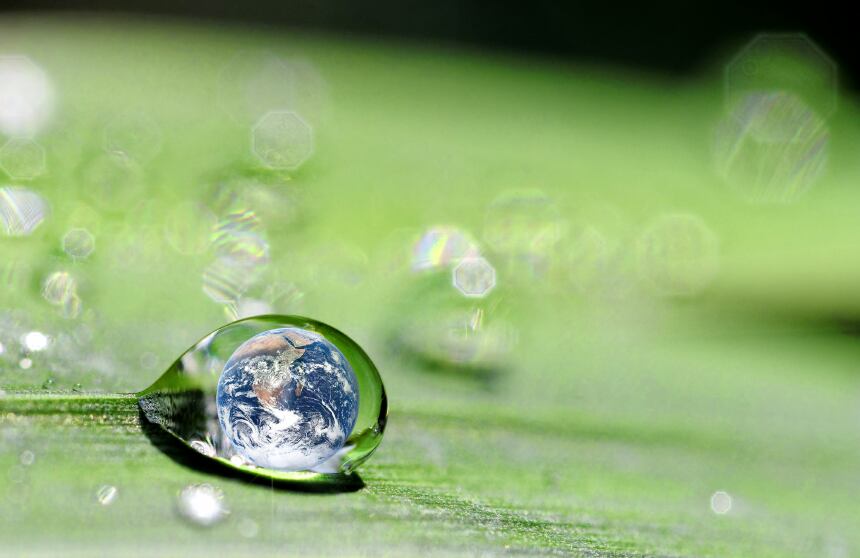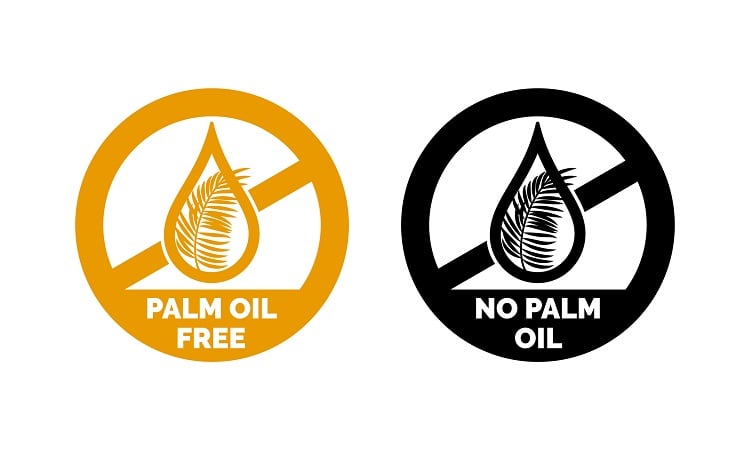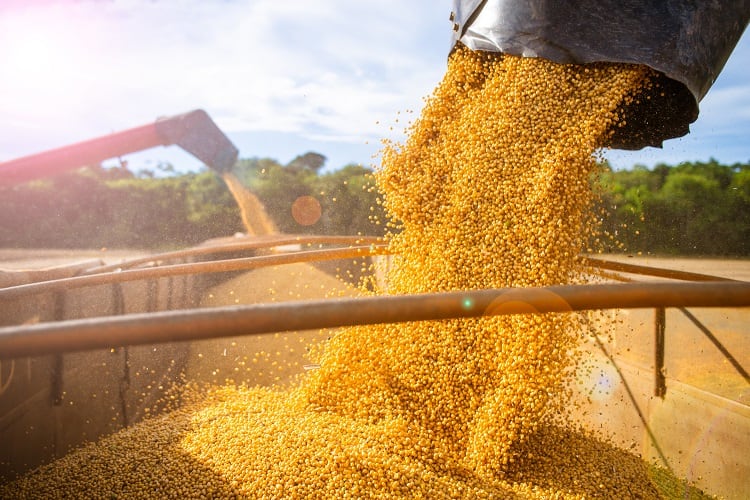Natural systems are in crisis. According to the 2019 IPBES Global Assessment of Biodiversity and Ecosystem Services report, of the eight million species on the planet one million are threatened with extinction. The WWF Living Planet report found an average decline in wildlife population sizes of 60% has occurred.
Pressure on land use – including the conversion of wild areas to agricultural production – is driving habitat loss. And, according to the WBCSD’s White, nature loss is expected to undermine progress towards 80% - 35 out of 44 – on the United Nations Sustainable Development Goals.
“We are not going to deliver the SGDs unless we have sound and prosperous natural systems. There is clearly a need for action and business needs to be part of that,” White told FoodNavigator.
Speaking from the Trondheim Conference on biodiversity, White explained the new Business for Nature coalition has been formed by partners including WBCSD, World Economic Forum, Natural Capital Coalition and the International Chamber of Commerce.
It has also secured the backing of committed businesses participating in sign-posted commitment and action platforms and willing to join the coalition’s advocacy efforts.
“We are trying to create a unified business voice to ensure the world is on track to halt loss of nature by 2030. That we are on course to restore the planet’s natural systems thereafter.”
2020: A ‘super’ year for activation
According to White, the coming year presents an important opportunity for stakeholder engagement.
“In the next year, to end-2020, we have a big opportunity. 2020 is a super year in terms of external engagement and meetings. There will be the first review of progress against the environmental targets of the SGDs. It is the 75th anniversary of the UN and there is likely to be a declaration that may well include aspects of environment and ecosystems. A particular focus for us is the Convention on Biological Diversity, CoP 15, in China next year. And there are the climate discussions which will culminate in CoP26 at the end of 2020 where national targets will be reviewed and upgraded.”
According to White, it is vital that nature becomes part of the wider conversation around climate, prosperity and health. The preservation of nature should be included in talks on the SGDs, climate, and the G7 discussions around prosperity, he argued.
“Nature is related to so many other pieces. Natural systems are important for health, they are important for climate, they are important for prosperity, they are important for ecosystem services including food security and provision. We need a joined-up discussion. At the moment biodiversity tends to be talked about as a separate topic.
“We will need to make the most of these keynote events to ensure nature is part of the agenda around climate, SGDs, health and prosperity.”
Science-based targets are needed
White said that Business for Nature wants to “replicate” the role that business played in securing the CoP21 Paris climate change deal. “We are trying to make sure business has a common and compelling narrative on the value of nature to business and the opportunities for business in nature.”
He believes that an important piece of the puzzle that is currently missing from the discussions around natural degradation are science-based targets that can be collectively pursued.
“We have high level policy asks. We are calling on governments to adopt an ambitious science-based target to halt the loss of nature by 2030. We need targets. In climate we have a 2 degree target. We don’t have a 2 degrees for nature or food systems. We need high level targets people can align around.
“We need policies that are clear and coherent and deliver in three areas: We need to make sure natural areas are protected, restored and connected for the benefit of nature and people. We need to make sure that productive areas – forests, agriculture, fisheries – that we rely on for food and fibre and fuel are managed within the limits of science based planetary boundaries. We need policy to support the re-diversification of urban and industrial areas.”
Business for Nature believes that the case for preserving biodiversity and natural habitats should be couched in the economic context. “We need to improve the economic financial systems and incentives. We have talked about a price on carbon but essentially, we need a value on nature. We need coherent incentive mechanisms to reward decisions promoting conservation, restoration and sustainable use.”
Going ‘faster, bigger, wider, broader’
Business for Nature believes that economic models and the business case for preservation need to be at the fore. It plans to come forward with a range of solutions that business can deliver, whether that’s around climate smart or regenerative agriculture, using natural climate solutions, mitigation and adaptation through sequestration. “We want to bring forth the solutions that business is working on,” White explained.
“That takes the question why aren’t these ideas scaling up and becoming more effective? How to go faster, bigger, wider, broader? What is getting in the way? Sometimes that will be policy, technology, funding, or market acceptance."
The business case: risks and rewards
Food businesses are taking an increasingly pro-active approach to sustainability generally and the preservation of biodiversity is moving up the corporate agenda. This, White observed, is because it makes long-term business sense.
“Forward thinking businesses understand that healthy ecosystems are important for their businesses. Both from a risk area, in terms of supply chain continuity, reputational risk. If you look at the WEF forum on risk, five in seven of the most impactful risks are environmental. Businesses understand it can be a risk – and an opportunity. Businesses are looking at opportunities in terms of food system and land use transformation.”
He stressed that the Business and Sustainable Development report ‘Better Business, Better World’ identified some $3 trillion in opportunity, while the OECD flagged $22 trillion in water infrastructure opportunity and the WWF pinpointed a $2.5 trillion opportunity in the ocean economy.
“There is opportunity there. Businesses are looking at this. It is a risk area. It is an opportunity area. It is an area where business increasingly needs to be involved in the discussion.”
‘Diversity brings stability’
The food system is particularly at-risk to the negative consequences of changes taking place in the natural world, White suggested.
“Diversity brings stability. Biodiversity brings ecosystem stability. Loss of nature, ecosystem degradation, takes away a lot of the resilience, exasperating climate change.
“The food system is – many people would say – broken. Degradation, a high level of degraded ecosystems and land, have a big impact on food systems. Then there are some specific areas: water regulation, pollinators and other ecosystem services that natural systems provide for food systems… The food system is creaking.”
To address this a “food system transformation” is needed. White pointed to food waste and agriculture’s contribution to greenhouse gas emissions as areas in need of urgent redress. He also linked this to the issue of health and non-communicable diseases such as obesity and type 2 diabetes.
While there has been a lot of emphasis on making farm-to-fork production more sustainable, White believes we need to look at the “whole” food system. “What you want at the end of the day is healthy people not just more calories. Start looking at healthy diets. What are healthy diets? What do people need to eat? And therefore what should you grow?
“It is a serious challenge. Everybody has a role to play. This is not something business can do by itself.”




